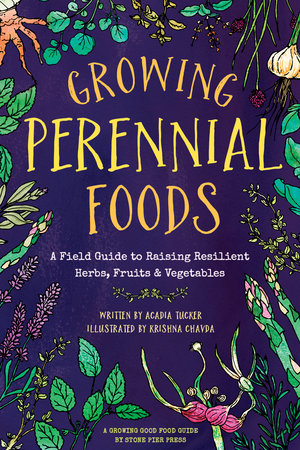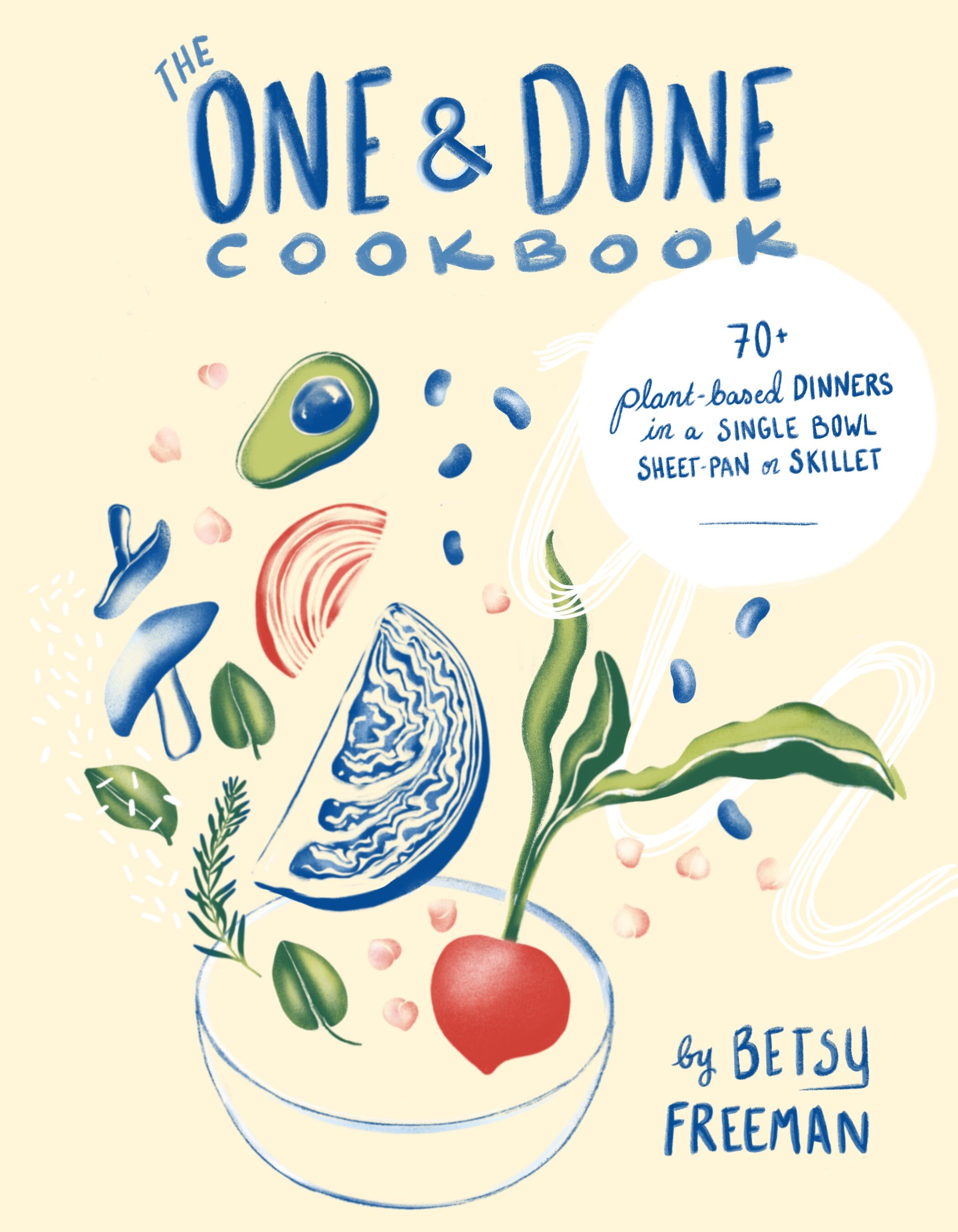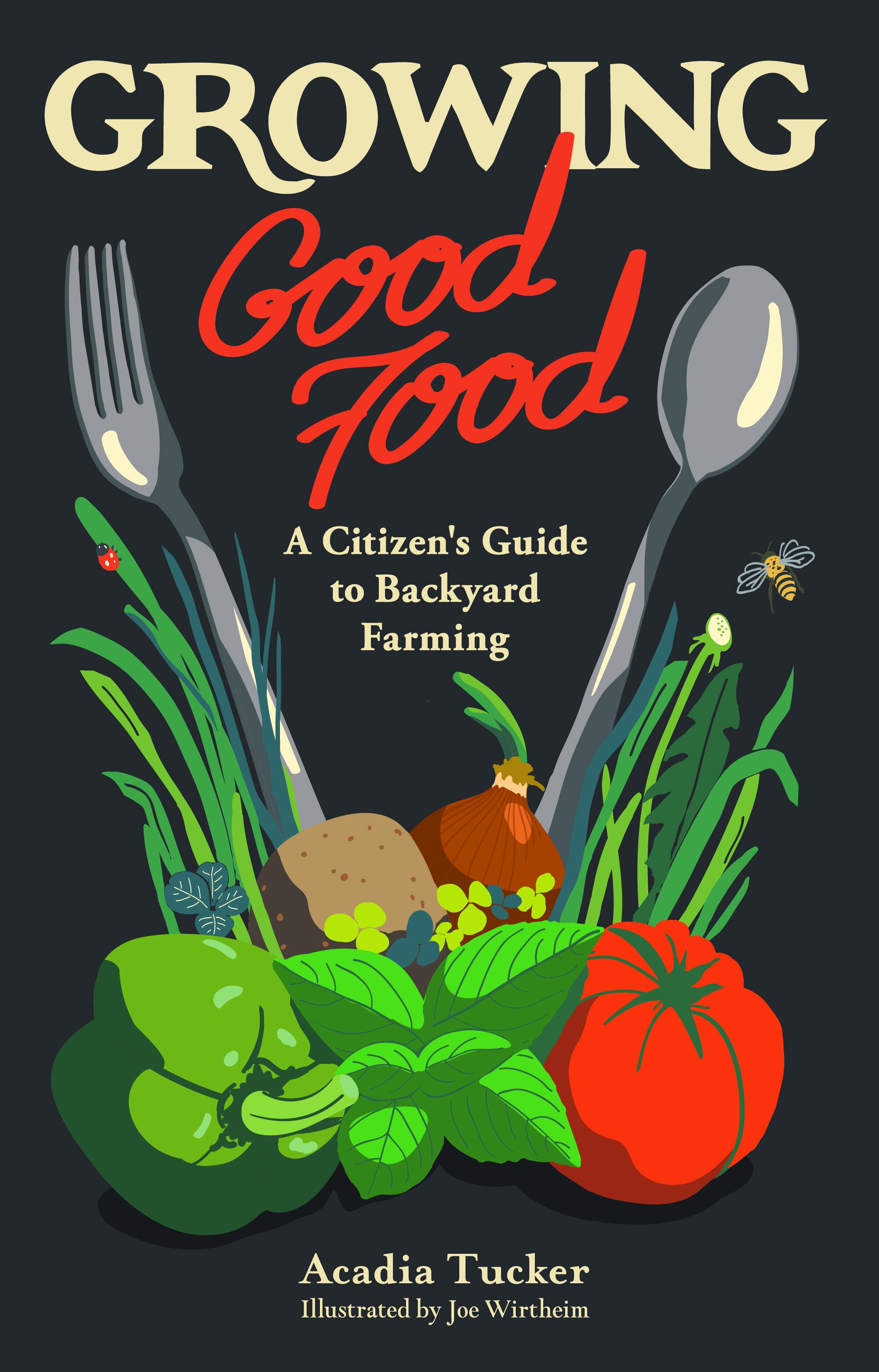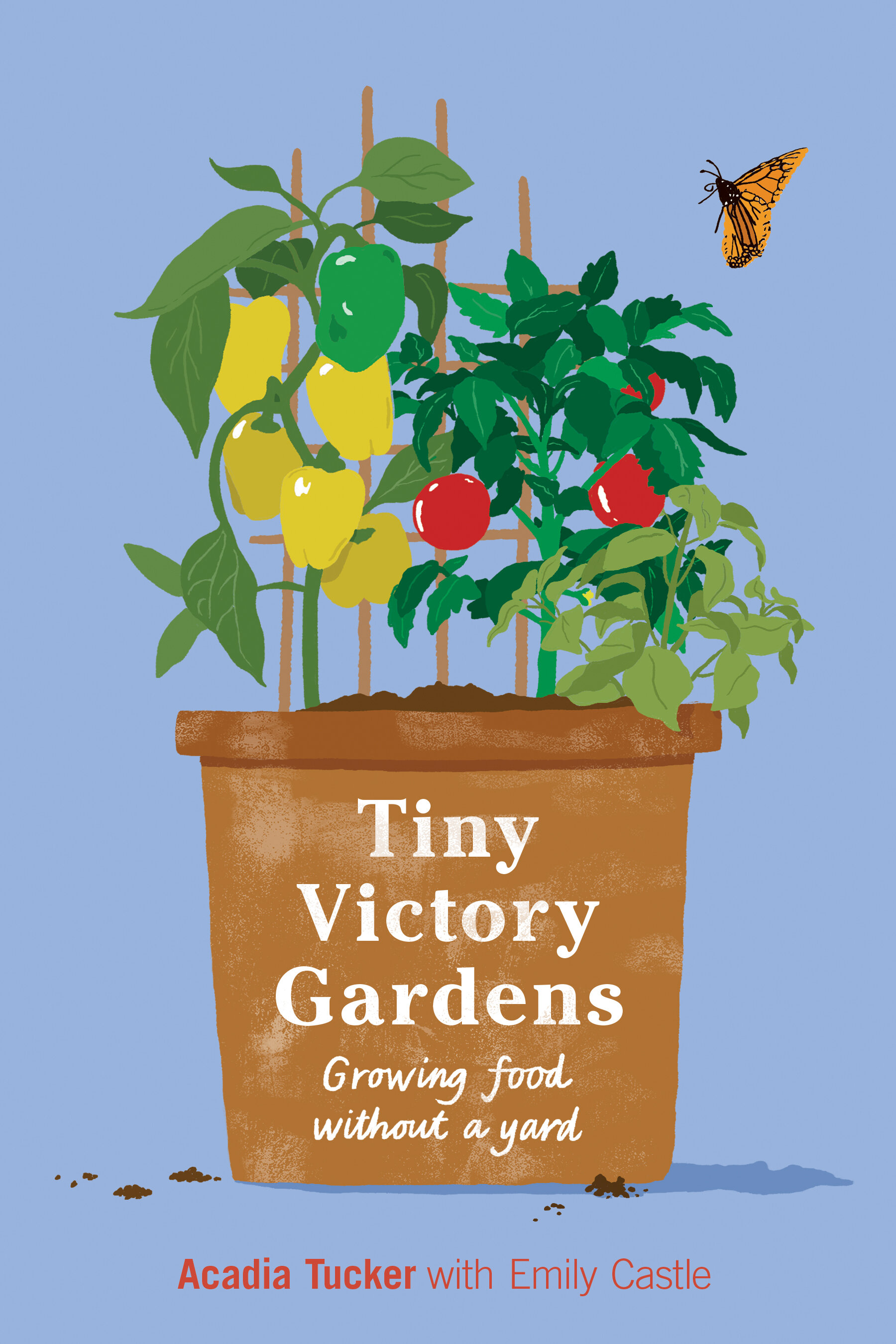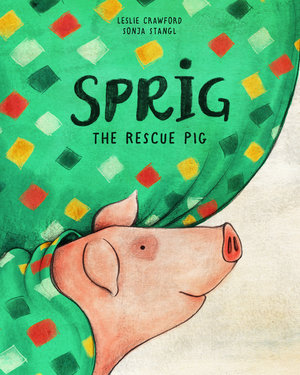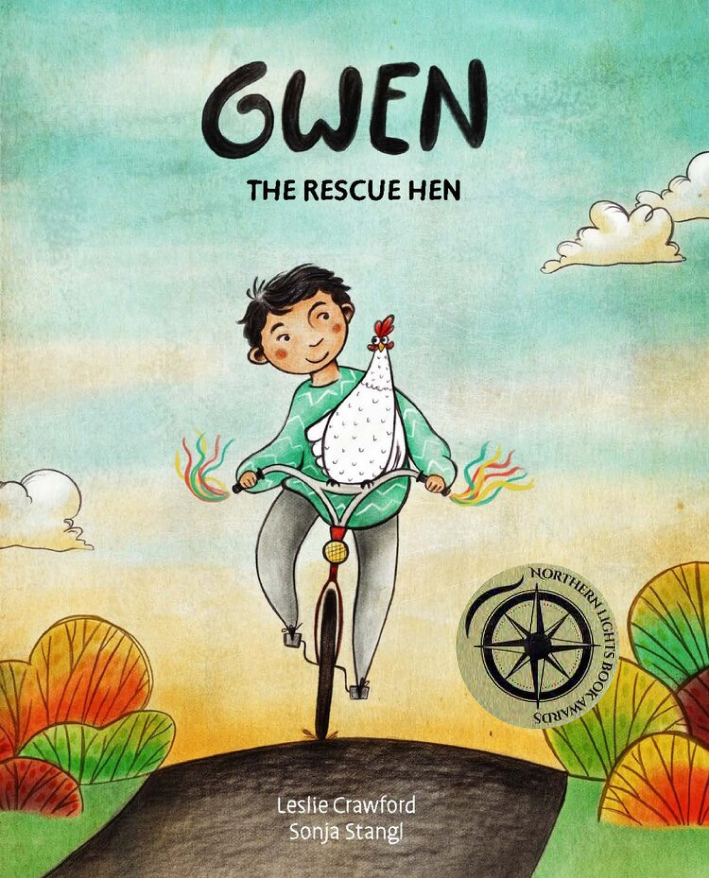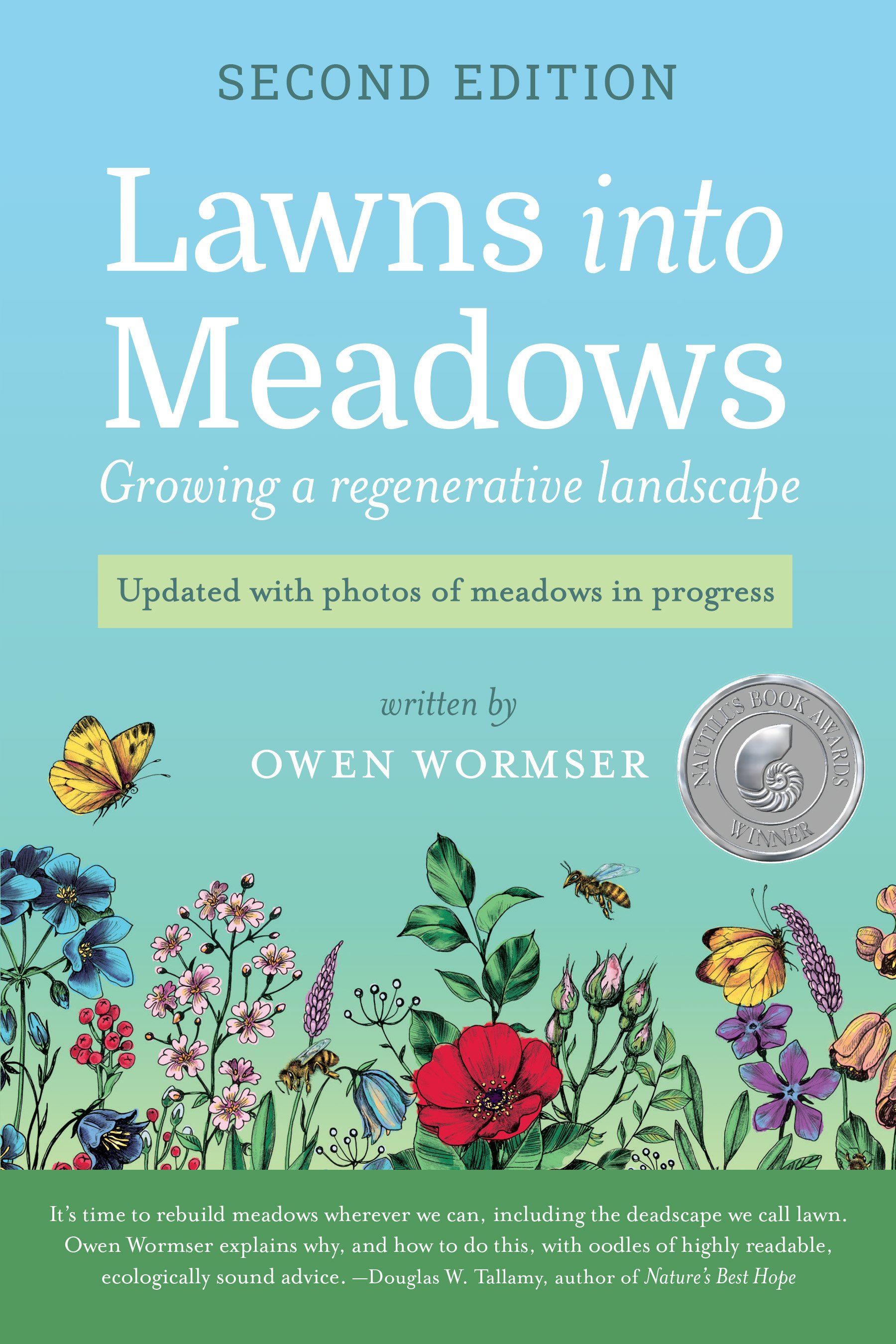How wildfires changed my idea of what it means to be a chef
The author, on break from the kitchen. “I’d resolved to try to cook my way to the top, applying the lessons I’d learned in culinary school, until a summer in Australia changed everything. “
For as long as I can remember, I only ever wanted to be one thing: a chef. My mom tells stories of when I was four years old and we used to go over to my grandparents’ house for Sunday dinner. While everyone else stood around and caught up with each other, I’d head for the dinner table and sit there, knife and fork in hand, waiting to eat. I had no time for pleasantries; I was there for the food.
“What mattered to me was swiftly rising through the ranks of the culinary world. And then something changed.”
After high school, I went to a top-notch culinary school and, upon graduating, sought out and worked for the best chefs and restaurants I could find. I’ve worked at the iconic Biltmore Estate in North Carolina, and under the James Beard award-winning chef Marcus Samuelsson.
I had dreams of becoming an executive chef and someday seeing Michelin stars next to my name, and owning a restaurant. What mattered to me was swiftly rising through the ranks of the culinary world. And then something changed.
Earlier this year, I was living in and exploring Australia on a working holiday visa, cooking at a busy tapas restaurant and working large events, such as the Australian Open. Then the country’s worst-ever bushfire season struck.
For two months, I walked to work through a thick plume of smog that blanketed the city of Melbourne with the stench of a million packs of burnt cigarettes. With fires raging just miles from my home, I watched the news coverage describe the horrors it brought, including the thousands of homes destroyed, millions of acres burned, and well over a billion animals killed.
At the peak of Australia’s 2019-2020 fire season, bushfires raged across almost the entire continent. (Photo source: BBC)
Every day during that fire season felt like a gut punch. I would awake to the sight and smell of the smog outside my window, followed by another wave of heart wrenching stories about loss. Farmers whose entire fields were scorched; tear-filled interviews with exhausted firefighters; families forced to leave their pets behind as they fled the blazes; animal sanctuaries overrun with orphaned wildlife. A stale sadness hung in the air. Everyone I met seemed to be bearing the weight of unimaginable tragedy on their shoulders.
The fires created massive columns of smoke that covered the continent for more than two months. (Photo source: Anthony Citrano licensed under CC BY-NC-ND 3.0 US)
For those long weeks watching the fires unfold, I was forced to truly reckon with the stark reality of climate change. I’d always been concerned about it, but hoped it was an issue that politicians or scientists, or some other people smarter and more powerful than I am, would solve. I recycled and composted and drank from a reusable water bottle—what more could I do?
“I’d hoped climate change was an issue politicians or scientists, or some other people smarter and more powerful than I am, would solve.”
But being there for the fires was different. I saw, and felt, and breathed in the direct effects of climate change. And I came to realize that the urgency of this moment calls for a greater personal contribution to the survival of our planet.
For me, this means that my very definition of what it means to cook professionally will have to change. I can no longer spend my days and nights working behind a stove while the world literally burns around me. I can longer pretend that everything, in professional kitchens, is okay.
The truth is the restaurant industry is a part of the problem, one I’ve been complicit in. I think about America’s obsession with meat and its environmental impact, and the thousands of steaks and chicken sandwiches I’ve cooked over the course of my career. I consider my role in the massive global food waste crisis, which is particularly prevalent in the hospitality business, and all the perfectly edible food I’ve thrown away.
“I can no longer just spend my days and nights working behind a stove while the world literally burns around me.”
I look back on all the restaurants I’ve worked in and grapple with the fact that frankly, environmental concerns are hardly ever a consideration. Composting, curbing food waste, offering meat-free items, recycling, and responsibly sourcing ingredients—these have been afterthoughts in most of the kitchens I’ve known.
After seeing those fires, I’ve come to understand that I have to commit myself to working towards a vision of a restaurant industry that is not part of the problem, but a vital part of the solution. I want to become an activist and advocate for change in our food system.
I now dream of leading a restaurant where taking care of the earth is just as much a priority as taking care of the customer. A restaurant that treads as lightly as possible on the delicate natural systems we depend on. One that respects seasonality, by growing as much of its own produce as possible, and rejecting the massive national purveyors that the industry relies on and who perpetuate the industrial agricultural complex.
“I dream of leading a restaurant where taking care of the earth is just as much a priority as taking care of the customer.”
I want to push for restaurants to exercise energy efficiency and independence, by relying on dishwashers that uses less water, using electricity rather than gas to cook with, and installing solar panels and small wind turbines.
My vision of a truly sustainable restaurant means reducing waste to virtually nothing. Creatively utilizing food scraps, using biodegradable packaging, instituting vigorous recycling and composting programs, donating unused food, and repurposing by-products, like used cooking oil.
I’d also offer an almost entirely plant-based menu that highlights and rewards responsible and regenerative methods of growing food, and then package it so it’s affordable and accessible to everyone. Research has shown that eating more plant-based foods is among the easiest and most effective ways to reduce emissions, conserve land and water, and slow the rate of global warming. So a huge part of my new role as a chef is to advocate for plant-based foods—by hosting workshops, programs, and, of course, cooking delicious food.
I have a gift, the ability to take raw, disparate ingredients and make them greater than the sum of their parts, turning them into something magical and nourishing. I can use that gift to guide people towards a better way of eating. I can share with people the joys of a roasted cauliflower on a holiday table, show them that mushrooms are meaty and satisfying enough to stand in for lamb, and that you don’t need a piece of meat to enjoy a steak.
I am not on the cutting edge of any of this. Frankly, it should not have taken me experiencing a catastrophic fire season to truly awaken me to the environmental issues in my industry. But it did open my eyes to seeing the many other chefs and other players in the restaurant world already blazing exciting paths in environmentally-conscious food service.
Restaurants like Vedge in Philadelphia are redefining plant-based cuisine. (Photo source: Vedge on instagram)
The James-Beard nominated restaurant Vedge, in Philadelphia, is creating stunning fine-dining vegan food, showing the world that luxurious eating doesn’t have to include meat. In Brooklyn, Rhodora Wine Bar is pioneering a zero-waste restaurant concept.
While working on a food truck in Charlotte, North Carolina, I got to work with a wonderful service called freshlist, which connects consumers to local purveyors and makes locally-grown, sustainable products easier and more accessible for area restaurants to acquire. In San Francisco, Recology has built an extensive city-wide composting system that makes it easier and more practical for restaurants to responsibly compost their waste.
Organizations like these, and so many others, give me hope that the restaurant industry can be turned into a force for good in the battle to preserve the planet, and that I can join them. In the smoky haze of those fires, I found clarity.
Jared Kent is a Stone Pier Press News Fellow and a professional chef aspiring to be a good food activist.





